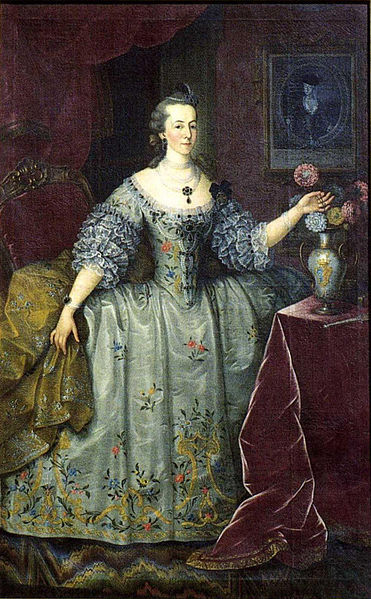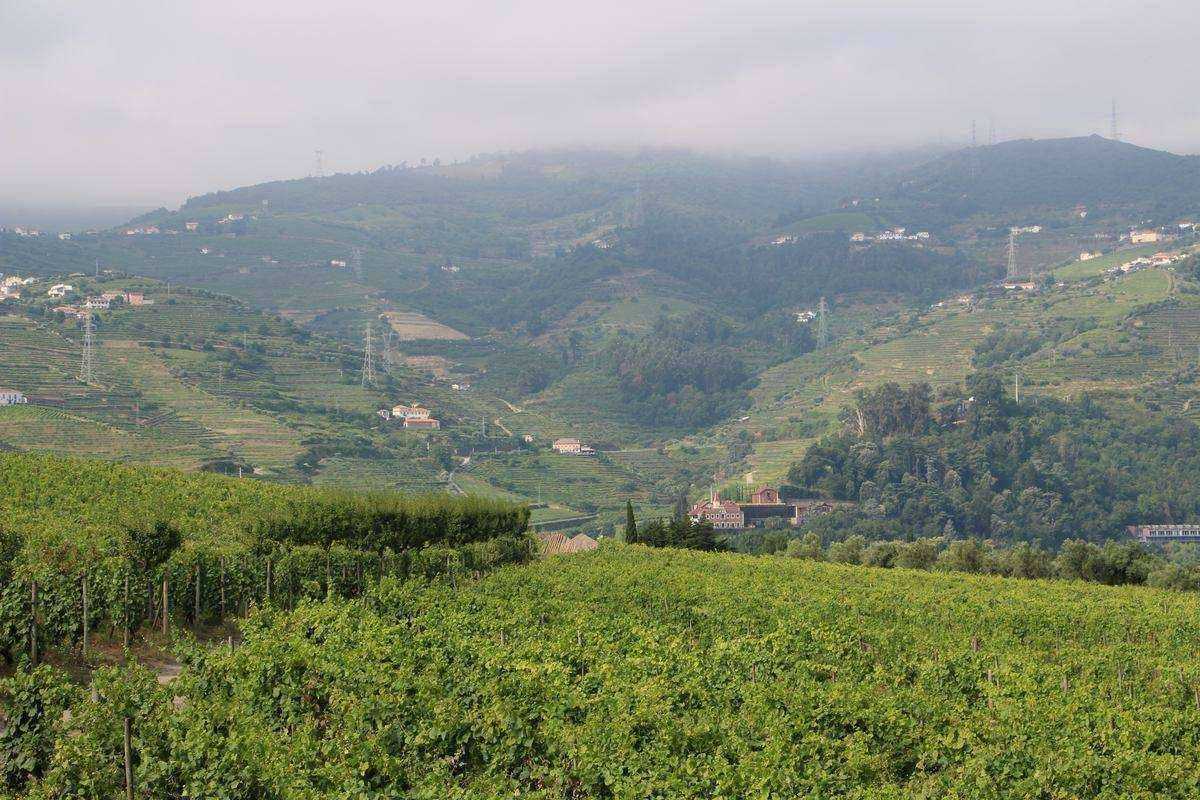THE MARQUIS DE POMBAL, FATHER OF THE PORT APPELLATION
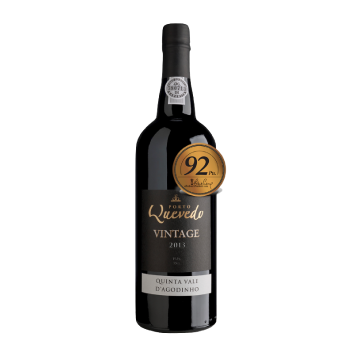
PORTOVINTAGE.COM
DIRECT FROM PORTUGAL
Shipping throughout Metropolitan France, Belgium and Peninsular Spain
I discover
The Marquis de Pombal, one of the most famous politicians in the history of Portugal
Sebastião José de Carvalho e Melo, count of Oeiras and marquis de Pombal (1699-1782) is one of the most important politiciansof the whole history of Portugal.
Porto has the oldest controlled designation of origin in the world! Created in 1756 by the Marquis de Pombal!
The Marquis de Pombal is at the origin of the regulation of the production of wines from the Douro, region of production of the port, he is also the father of the oldest controlled designation of origin in the world, its creation dating from 1756.
The demarcation of the region then appears necessary for various reasons, the most important being the need to guarantee the quality of the ports which were produced there at that time to be exported to England, in exchange for the cod that the English caught and salted on their coasts. On the other hand, it was necessary to stabilize the region by balancing the forces at play (producers, traders, exporters)and by guaranteeing a product with well-defined characteristics, by eliminating the adulterations so classic at that time.
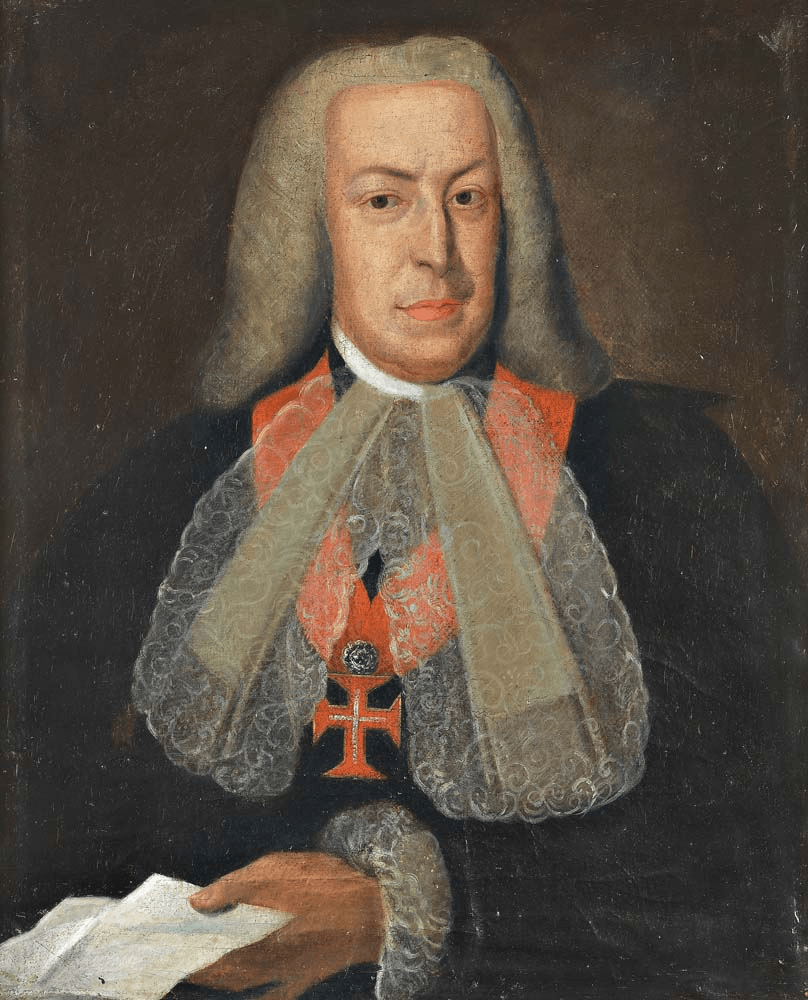
Delimitation of the production region, selection of terroirs, price and quality control of Douro wines
To delimit the Douro region, it is curious to observe that the omnipotent Marquis de Pombal who had expelled the Jesuits from Portugal, appointed for this task none other than Brother João Mansilha. This monk, himself a son of the land of the Douro, became within the Royal Haut-Douro Wine Company the most powerful man in the region after the Marquis de Pombal. He had the power to set prices, protect the authenticity of the product, raise taxes and grant taverns in Porto permissions to sell the port. As a curiosity, we should point out that Brother João Mansilha has become the confessor of the Marquis de Pombal ...
The company royal of Haut-Douro wines. First identified physically - with huge granite posts - the area in which the port could be produced. Within the defined area, she then identified properties and distinguished those who could only produce red wines from those that could produce ports. Only properties benefiting from the best terroirs have been authorized to produce port wines.
Revolt and hangings following the rise in prices
To put an end to bad practices and adulteration of ports, the Marquis de Pombal ordered all vineyards producing port wine are registered and production quotas allocated to them. He also ordered to uproot all the elderberries (whose juice was sometimes used to adulterate wines) and reserved the exclusive sale of brandy, whose price he set.
The creation of the Company, as it was called at the time, and the severity of the measures it took caused considerable controversy at the time. February 23, 1757 the people took to the streets of Port to protest against the rise in port prices decided by the Company. This demonstration degenerated into revolt. More than 20 people were hanged, more than 400 imprisoned and more than a hundred expelled from the County.
A man with multiple experiences
When we return to the life of the Marquis de Pombal, we understand betterthe modernity of the decisions he made in the world of port wine. Yet nothing predisposed him to this fabulous destiny.
Coming from the provincial nobility , he first made law studies at the University of Coimbra then served for a while in the military.He married for the first time a widow of ten years his eldest, daughter of the Count of Arcos, who introduced him to the royal court. When he falls out with his in-laws, he settles down in his property near Pombal which he manages for fifteen years..
It was then that he really entered politics. The Prime Minister at the time, Joao da Mota e Silva, whom he had known thanks to his uncle, appoints him ambassador to London in 1738. It was in London, in contact with an open and liberal society, that he will design the ideas and plans that he will apply later in Portugal. The example of the British East India Company which, in order to develop, enjoyed a monopoly, gave it the idea of a transposition in Portugal. In London he also discovered Freemasonry and its progressive ideas. It seems that, when he returned to Portugal, he later joined the ranks. Until his fall in 1777 he protected the Portuguese lodges.
In 1745 he was appointed ambassador to Austria where he meets Leonor Daun, from a large Austrian family, whom he marries in second marriage when he is 46 years old. From this union will be born five children.
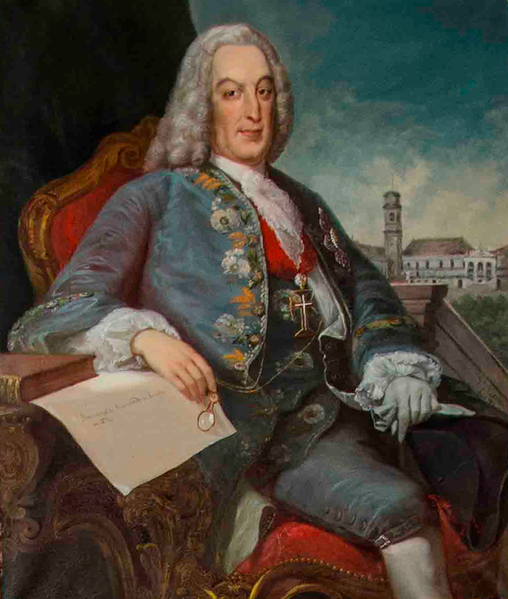
The Marquis de Pombal also rebuilt and modernized the country
In 1748 the Marquis de Pombal left Austria and returned to Portugal. The new king José 1er names him Minister of Foreign Affairs in 1750 then Prime Minister in 1755. This year was the year of a terrible earthquake that ravaged Lisbon, destroying practically the whole city and killing 60,000 people.
The Marquis de Pombal rebuilt the city but he also took advantage of this “opportunity” to reorganize kingdom and make Portugal a modern state, notably by muzzling its nobility opponents and the Jesuits, and by prohibiting slavery a little later. Economically he organizes the colonization of Brazil and creates many monopolies of which in 1756 theRoyal Haut-Douro Wine Company to regulate the production of port.
With hindsight we can see that the measures wanted by the Marquis de Pombal were very well thought out and necessary for the creation of the Porto appellation. They made it possible to stabilize the quality of port wines and define clear rules for its trade. Without these measures, we would not be able to appreciate today the Rubies, the Late Bottled Vintage, the Vintage and the Tawny which bring so much joy to our existence.
On December 14, 2001, UNESCO declared the Haut Douro viticole a World Heritage Site.
